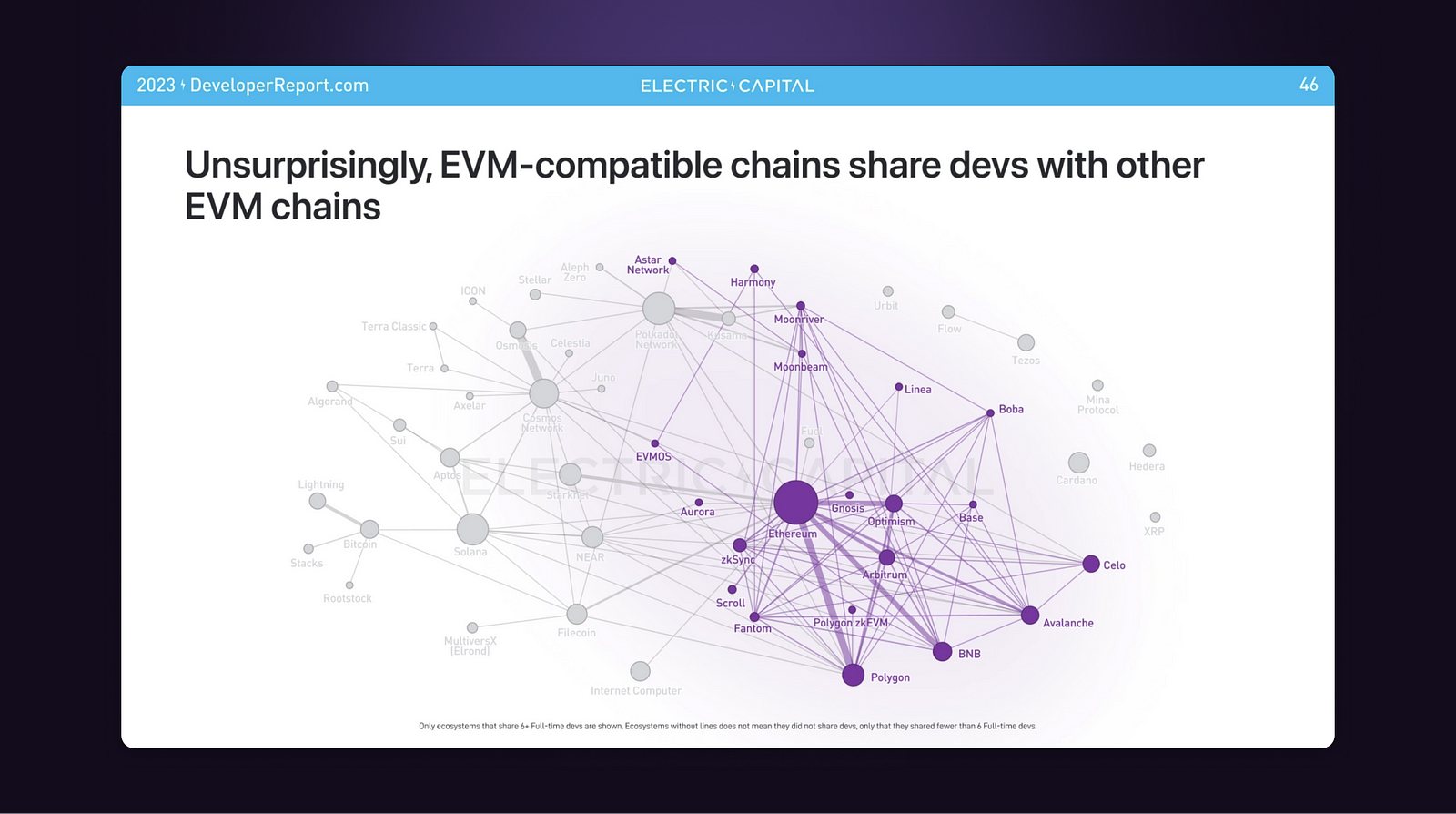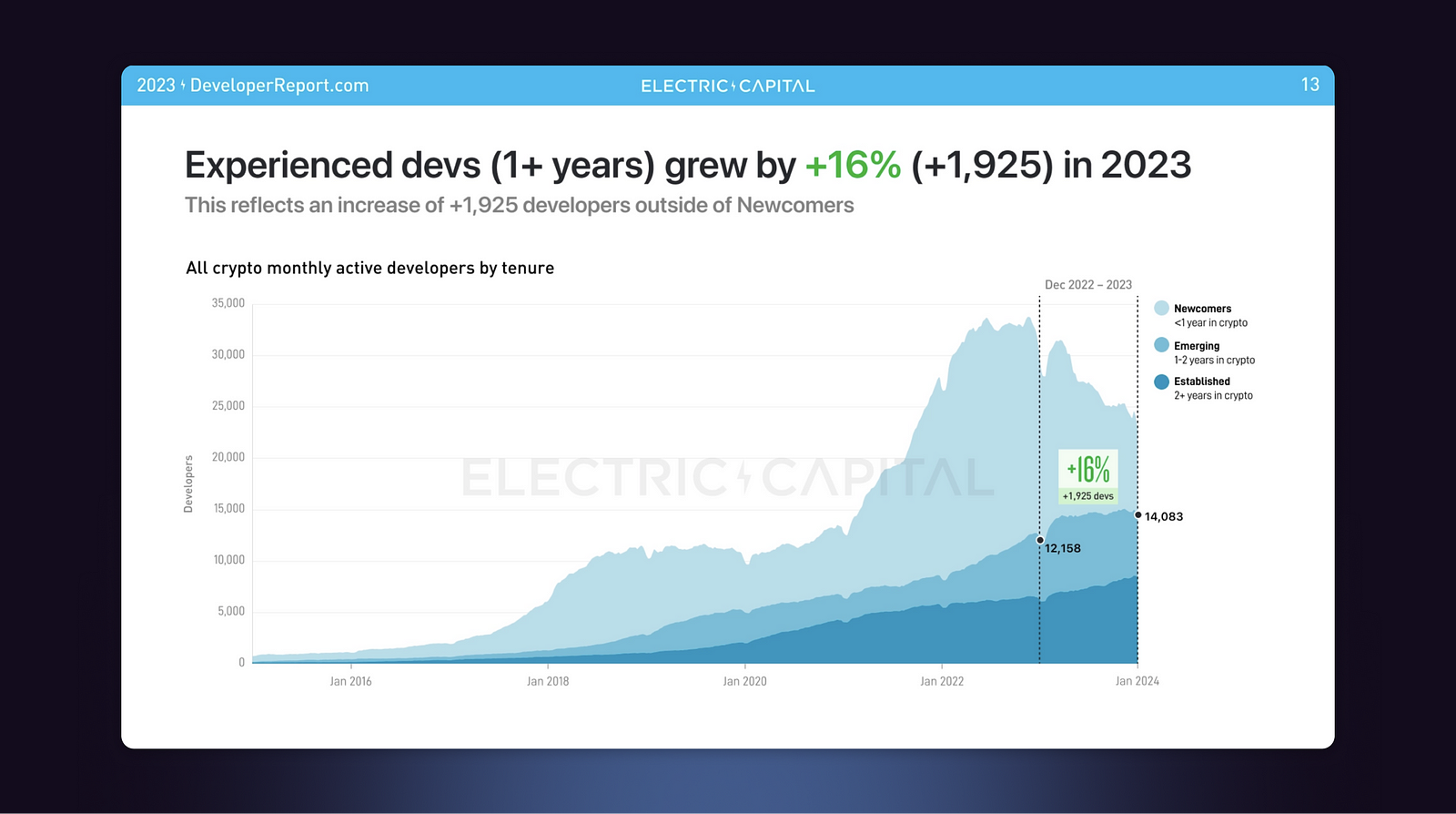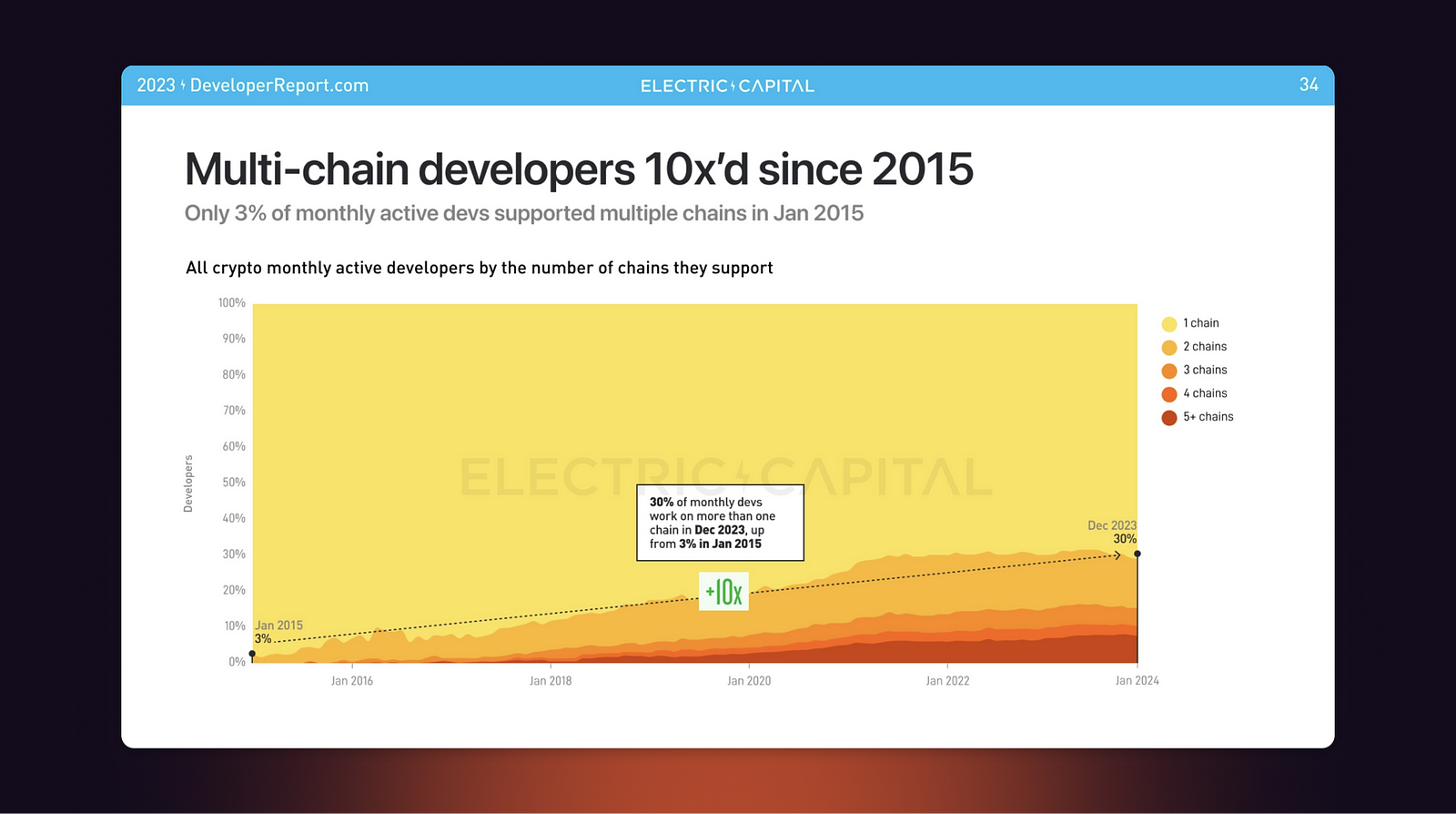Please fasten your belts!
Ethereum’s Dencun upgrade successfully launches on testnet amid initial delays
The Ethereum network’s latest upgrade, “Cancun-Deneb” or “Dencun,” has been successfully deployed on the Goerli testnet, as confirmed by Ethereum developer Parithosh Jayanthi on January 17.
Despite an initial four-hour delay due to a bug, a quick patch resolved the issue.
Dencun’s mainnet implementation promises to significantly reduce transaction costs on Ethereum layer 2 platforms like Optimism, Base, and Polygon zkEVM, alongside limiting self-destruct operations and enhancing bridge and staking pool features.
Tim Beiko noted the upgrade’s implementation around 6 am UTC, followed by a temporary chain split caused by a lack of finalization. This was traced back to a bug in the Prysm implementation, which was promptly fixed.
Jayanthi highlighted the efficiency of their debugging systems, mentioning the rapid resolution from issue identification to fix within four hours.
The next stages for Dencun include a January 30 deployment on the Sepolia testnet, followed by the Holesky testnet on February 7. A mainnet upgrade date remains unannounced.
Electric Capital: Ethereum dominates in blockchain development
EVM blockchain networks dominate among builders, with the majority of multichain developers engaged in at least one EVM-compatible chain, as revealed in the latest Electric Capital developer report.
The report analyzed crypto development activity for the fourth quarter of 2023.
About 87% of multichain developers were found to be working on EVM-compatible chains such as Starknet, Polygon, Optimism, and Arbitrum. EVM-compatible blockchains include Starknet, Tron, and Binance’s BNB Chain, among others. The BNB Chain and Polygon saw significant engagement from Ethereum’s multichain developers.

Electric Capital noted a remarkable trend: the consistent growth of established developers in the crypto ecosystem despite an overall decline. The total number of monthly active developers fell by 24% from 29,611 to 22,411 in Q4 2023, but experienced developers grew by 16% throughout the year. The fund observed that despite price fluctuations, a core group consistently remains, and many newcomers become long-term participants.

Ethereum led in attracting new developers, with over 16,700 newcomers in 2023, significantly more than Polygon and Solana. This influx, even in a bear market, indicated the crypto ecosystem’s resilience. Bitcoin development activity declined by 19%, yet layer-2 and scaling solutions for Bitcoin now represent 40% of its open-source developers, a substantial increase from 2016.

Multichain development activity has surged by 1,000% since 2015, with 30% of all developers now working on multiple blockchains, a 125% increase since 2018.

MetaMask launched validator staking
MetaMask introduced a new staking service on January 18, allowing Ethereum users to operate their own validator node for a fee.
Through MetaMask Portfolio, users can stake 32 Ether, approximately $78,752 at current prices, without the need for pooling or hardware. MetaMask manages the node, reducing risks like slashing and downtime.
This service is particularly appealing to beginners and those concerned about centralization in large liquid staking providers like Lido. It eliminates the need for hardware and the risks of internet outages impacting personal Ethereum nodes. ConsenSys, overseeing the service, boasts an impressive track record, managing over $2 billion in ETH across 33,000 validators without any slashing penalties for over two years.
MetaMask offers a yearly yield of 3.8% on staking, deducting a 10% commission on rewards. The net yield from MetaMask, after fees, is similar to Lido’s 3.4%.
Lido dominates the liquid staking market with 9.3 million ETH staked, about 40% of the total 28.8 million ETH staked. This represents nearly a quarter of Ethereum’s circulating supply. Ethereum holders also have the option of centralized exchanges like Coinbase, which takes a 25% cut of staking rewards.
VeChain introduced smart contract wallets
A recent revelation by a community member highlights VeChain’s introduction of Account Abstraction.
This innovation brings programmable smart contract wallets, improving the user experience within the VeChain ecosystem. VeChain is undergoing a rigorous audit of these smart contracts in collaboration with Electi Consulting and Hacken, ensuring they adhere to the highest standards before deployment on Testnet and Mainnet.
VeChain’s strategic aim is to connect billions of people and businesses, making blockchain technology globally accessible. The user-friendly smart contract wallets are designed to simplify blockchain’s inherent complexity, encouraging widespread adoption.
The practical application of VeChain’s technology is evident in its collaboration with the coffee industry and previous partnerships with Google.
Adding to its innovations, VeChain introduced VORJ, a tool allowing users to deploy dApps and create tokens, NFTs, and DAOs without coding skills.
Etherspot unveils Developer Portal

Etherspot has announced the launch of its Dev Portal, providing developers with the ability to generate API keys and manage subscription plans at portal.etherspot.io. The portal offers a range of subscription plans based on the number of API calls required.
Developers can start by obtaining an API key essential for tracking calls made to Skandha ERC-4337 Bundler on supported chains. The key is entered during SDK instantiation. Subscription plans vary in quota and rate limits:
Free Plan:
- Quota: 350,000 calls/month
- Rate: 20 calls/minute
Developer Plan:
- Quota: 7,000,000 calls/month
- Rate: 50 calls/minute
Startup Plan:
- Quota: 250,000,000 calls/month
- Rate: 200 calls/minute
To obtain a Free Plan, users can register at portal.etherspot.io with their email, select ‘Bundler APIs,’ choose the plan, and add it to their cart. After assigning the key to a new app, users can manage app details, rotate, revoke the key, or delete the app.
For Paid Plans, users follow similar steps, with the addition of a payment process handled via Stripe.
Please find more info here.
Start exploring Account Abstraction with Etherspot!
- Learn more about account abstraction here.
- Head to our docs and read all about the Etherspot SDK.
- Skandha - a developer-friendly Typescript ERC4337 Bundler.
- Explore our TransactionKit, a React library for fast & simple Web3 development.
- For a plug & play integration, review the BUIDLer react component.
- Follow us on Twitter and join our Discord.
Is your dApp ready for Account Abstraction? Check it out here: https://eip1271.io/
Subscribe to Etherspot’s Everything About Account Abstraction Newsletter!
Get In Touch:
Website | Twitter | Discord | Github | Telegram
Powered by Etherspot
TransactionKit | BUIDLer React Component | Pillar Wallet | AirdropMe

